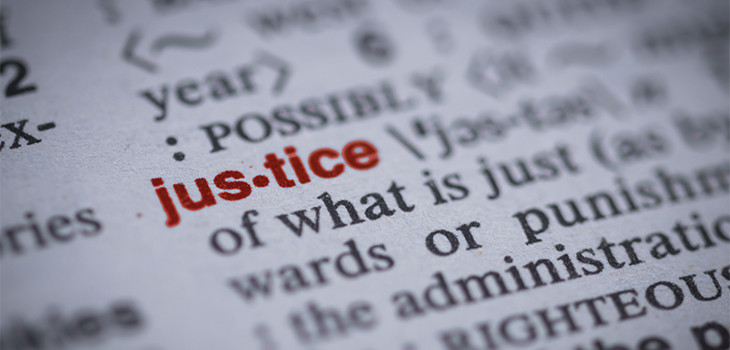
Thousands of prisoners are currently locked up past tariff—often for fairly minor offences—without hope of release, despite IPPs being scrapped more than a decade ago. Last November the scheme’s architect, Lord David Blunkett, performed the latest in a series of heart-felt mea culpas expressing sincere and public regret for what must have seemed like a good idea at the time.
The former New Labour home secretary pointed out, shockingly, that the mess of his creation is getting worse, not better. To be fair to Blunkett, his successors deserve their own share of blame for not fixing a crisis described as a ‘stain’ on our justice system by Ken Clarke (as a coalition government Lord Chancellor) when he scrapped the IPP back in 2012.
Where are we now?
‘Out of the 3,000 people who are still in prison on IPP, 1,300 of them are there because of recalls,’ Lord Blunkett told fellow peers









